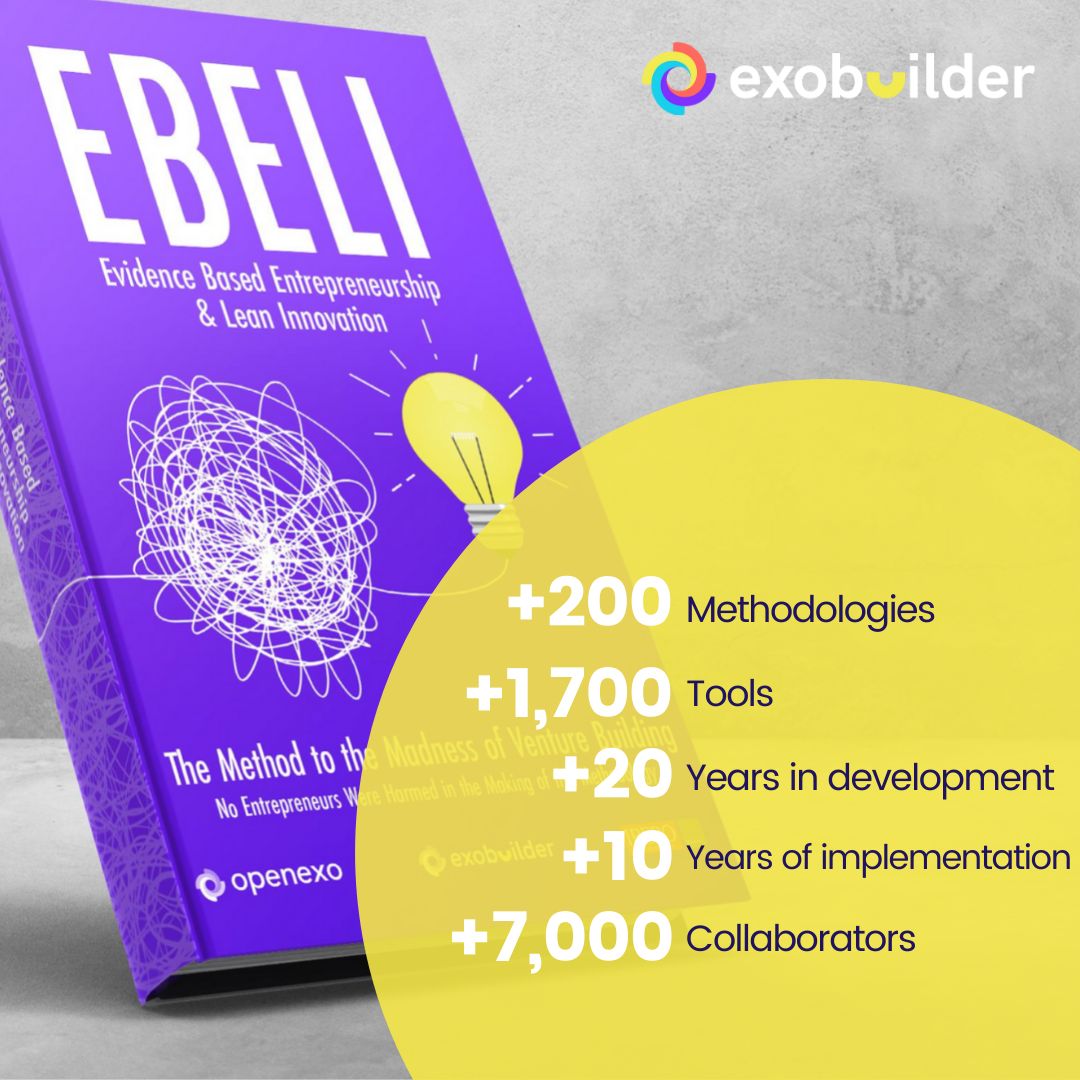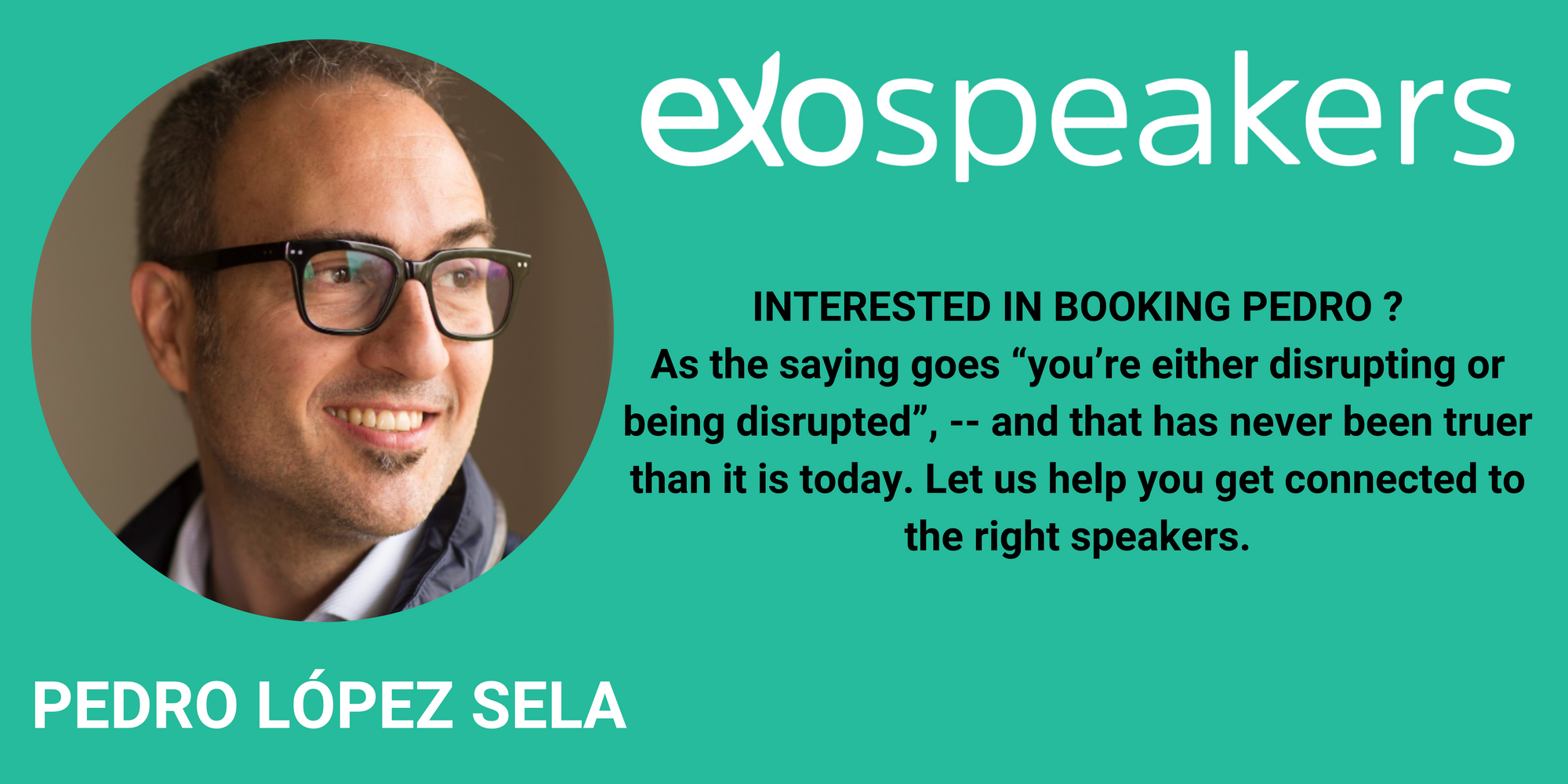
Why EBELI Changes Everything…Again
This model translates academic research into the marketplace to solve real and relevant problems: Evidence Based Entrepreneurship & Lean Innovation (EBELI).
At 30, a young American decided to develop a methodology to help startups succeed. This methodology is based on management principles culled from the Lean manufacturing method of Kiichiro Toyoda, creator of what is now known as Toyota. Also included is the customer development methodology of Steve Blank, a noted Silicon Valley entrepreneur. The young man's name is Eric Ries, and his methodology is widely known as Lean Startup.
Ries developed his idea from his failures: His first Startup, Catalyst Recruiting, failed because he didn't understand his customers' needs and focused too much time and energy on the initial product. Then he was a senior software engineer at There Inc, a company whose product -an Internet portal- failed to catch on because it didn't accurately meet consumer demand.
These failures, Ries says, had a similar origin: "I was working ahead of the technology instead of working backward from the business results we were trying to achieve."
In September 2008, Ries developed the idea of lean startup, adapting lean management principles to the world of high-tech startups. That's when he coined the term on his Startup Lessons Learned blog in a post called "The lean startup."
Lean Startup favors experimentation, customer feedback, and iterative design to replace planning, intuition, and traditional development. It is a methodology that generated concepts such as "minimum viable product" and "pivoting," which have become a standard reference among startups and for some time now have been part of the academic curriculum in business schools. Even new companies in different sectors are looking to adopt the methodology to increase their chances of success, allowing them to fail quickly to learn continuously, regardless of the fact that large companies have already applied it.
While companies execute a business model in traditional systems, start-ups seek it. Lean defines a start-up as: "A temporary organization designed to search for a repeatable and scalable business model." Instead of planning, they accept that all they have on day one are untested hypotheses; they test their hypotheses with potential users, buyers, and partners and make slight or substantial adjustments to nonfunctional ideas.
The Lean Startup approach fosters more capital-efficient companies that more effectively leverage human creativity. It relies on "validated learning," rapid scientific experimentation, and a series of counterintuitive practices to learn what customers really want, shorten product development cycles, and measure real progress without resorting to vanity metrics. It enables a company to change direction with agility, altering plans step by step, minute by minute.
Within a few years, Lean Startup began to impact individuals, groups, or companies seeking to introduce new services or products to the market. It expanded worldwide thanks to Ries' book "The Lean Startup: How Today's Entrepreneurs Use Continuous Innovation to Create Radically Successful Businesses," which became a best seller.
Almost in parallel, over the last ten years, Rise's efforts to help build successful businesses were included in the development of a model. This model translates academic research into the marketplace to solve real and relevant problems: Evidence Based Entrepreneurship & Lean Innovation (EBELI), A PROVEN WAY to build exponential entrepreneurship, which is in a book that is the next best thing to the book that changed everything, The Startup Owner’s Manual, as Bob Dorf himself has put it.
EBELI works as if it were a business model toolbox, where the entrepreneur can use each tool as and when needed, without forgetting that there is a specific process to follow. Tools such as the Systemic, Basic, Impact, Public, Business Model, Exponential Organizations, and Scaling canvases allow identifying the importance of each piece of a solid business model.
It is a system that allows to clearly distinguish the big difference between having a business idea and having identified a business opportunity. In an idea, there is no clarity about its viability, about the business model to be explored, about who will implement it, and much less if it has already identified who is willing to pay for what is offered, at what price, with what costs and other relevant factors to dimension its scope.
A business opportunity is defined by three elements: An identified potential market need, a demonstrable technical and economic feasibility, and a team or organization capable of addressing it. If the entrepreneur cannot clearly and straightforwardly describe what he intends to do with his company, it is because he is not yet clear how the business will work, or it is still in a conceptual phase and needs to land in something more concrete. That's what EBELI is for.
A key factor in EBELI's success is systems thinking, a holistic approach to analysis that focuses on how the parts of a system interrelate and how each system functions in the context of larger systems. This concept, applied to entrepreneurship, facilitates the analysis of the situations around a project to propose solutions in which the different elements and relationships that make up its structure must be considered.
It is an inter, multi and transdisciplinary vision that helps the integral analysis of a project to identify and understand the environment with greater clarity and depth. It facilitates the vision of a business project as an integrated entity made up of parts that interrelate with each other through a structure that develops in each context. It also makes it possible to detect different problems, trends, opportunities, and requirements in the market.
Unlike a business plan, EBELI works with canvases that allow planning before the plan, even at an early stage. It is a ‘canvanized’ blueprint that allows you to do strategic planning in real-time. The idea is to build the project step by step, considering it is already synthesized in a Systemic Canvas.
Therefore, the methodology is extremely useful when developing the project as all the building blocks of the canvases are connected to each other and the building blocks of the other canvases.
The other key element of the model is to develop an exponential mindset instead of the execution mindset derived from the industrial age. That means equipping yourself to do things differently to improve not 10%, but 10x (1000%). An Exponential Organization (ExO) is one whose impact is at least ten times greater compared to its competition in the respective industry due to the use of new organizational techniques that leverage emerging technologies. Exponential technologies promote the 4 Ds: digitize, disrupt, demonetize and democratize.
Achieving exponential behavior requires what the methodology calls the ExO Canvas. The ExO Canvas is a tool used by organizations that share a list of attributes that characterize them as exponential organizations (ExO) and are characterized by how they take advantage of the accelerated pace of technology and social trends to use them to grow exponentially. In short, they are organizations that connect very well with abundance and also manage it efficiently. Understanding the ExO model is the first step to becoming an exponential organization.
A third fundamental element is sherpaing, an accompaniment methodology that works for any project, at any stage, and in any industry focused on issues that have to do with knowledge and impact. Having a sherpa in a venture facilitates the formation of stronger entrepreneurs, better technology transfer, increases the likelihood of business success, establishes a job-creation engine, develops resources and networking opportunities, and provides a very effective complement to other entrepreneurial programs. It is like having an entrepreneur in residence in each project.
In short, EBELI is a model that has been proven over the last 20 years by more than 100,000 entrepreneurs and even businesspeople around the world. Its main objective is to get entrepreneurs out of their offices and into the marketplace to test their business hypotheses, discard the wrong ones and discover what they can do to impact the market with their venture. It is about seeing mistakes as a learning experience and an opportunity to redesign the business model.
Having this manual at hand can be of great help to face the normal problems of any venture.


ExO Insight Newsletter
Join the newsletter to receive the latest updates in your inbox.









